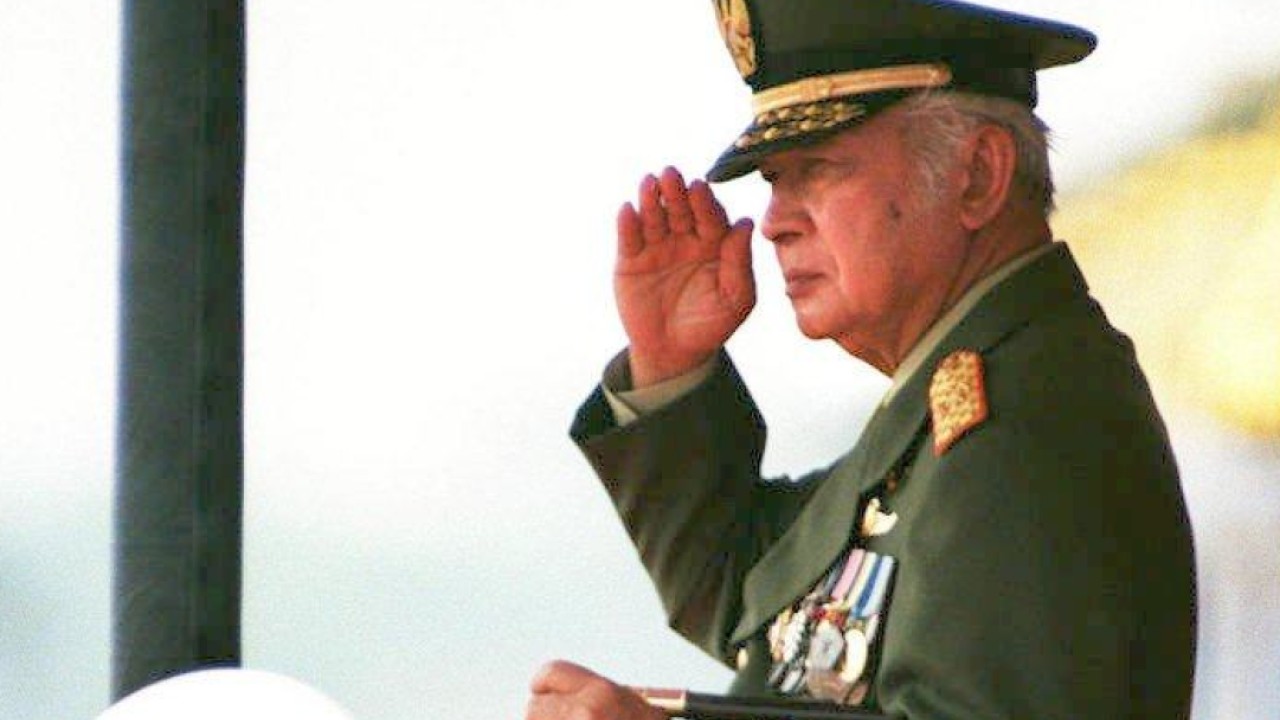Indonesia’s move to name Suharto a national hero has revived debate over the country’s uneasy relationship with authoritarianism and whether the legacy of a brutal yet transformative ruler should be celebrated.
Advertisement
President Prabowo Subianto, Suharto’s former son-in-law, conferred the honour on Monday, drawing sharp criticism from historians, academics and human rights organisations, who argue the move sanitises one of Southeast Asia’s most repressive regimes.
But the muted public reaction also reflects how, for many Indonesians, Suharto’s three-decade rule was synonymous with growth, stability and national pride.
Suharto was a “successful autocrat”, Yohanes Sulaiman, an associate professor of international relations at Jenderal Achmad Yani University in West Java, told This Week in Asia.
“He is not a failed tin pot dictator like [Zimbabwe’s Robert] Mugabe and [Congolese dictator] Mobutu … who only excelled in destroying the country while abusing their population,” Yohanes said.
Advertisement
“That is what makes it difficult to completely oppose his nomination.”


